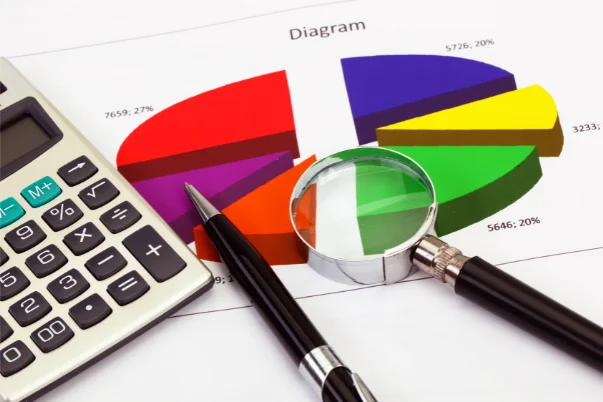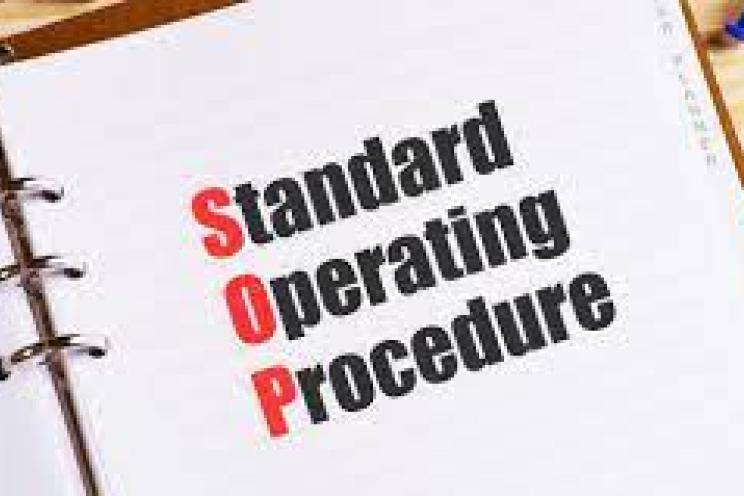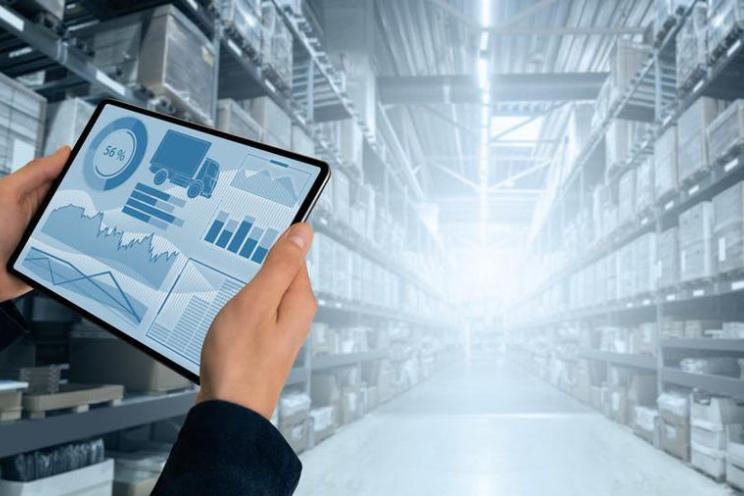
what is the restaurant chart of accounts and why is it important?
Any restaurant or business owner in general should be familiar with chart of accounts especially that at the end, you need to measure your profitability, growth, and the worth of your overall business regardless of the industry or sector you’re into.
The financial aspect is an important success pillar that goes along your great food taste and outstanding customer service.
If you’re setting up your accounting, the chart of accounts is the fundamental of this process to keep track of the money coming in and out of the business enabling you to better manage your finances.
What is the chart of accounts (COA)?
A chart of account (COA) is a financial organizational tool that contains all the financial accounts in the general ledger of businesses providing a breakdown for all the financial transactions conducted within a certain period. It contains a coded list of all the assets, expenses, equity, income.
It organizes finances and gives a clear insight about the business to investors and shareholders as it gives a detailed overview that helps you identify any opportunity or potential challenges.
Your chart of accounts should be tailored to the size of your restaurant, the type and the complexity of its operations.
Benefits of chart of accounts
- The COA enables you to compare your financial performance to the sector average
- It organizes and categorizes the different financial transactions documenting debits and credits
- It helps you monitor the performance of your restaurant through data and real figures
- It allows you to uncover inefficiencies that cost the restaurants money and cause waste
- It allows you plan your next organizational decisions that are based on your financial performance through better financial analysis
What to include in a chart of accounts?
Assets
You need to list all fixed and current assets. For a restaurant, it typically means cash, checking and saving accounts, inventory, receivables, investments, equipment, computer and any hardware, furniture and more.
Tracking how much inventory is critical and tricky especially if your business is medium to large so you need an inventory management system that automates inventory count providing you with real time inventory data as a part of a POS software.
Liabilities
In this section, you include what your restaurant owes and where your money goes. Everything related to credit lines or cards, sales tax, outstanding invoices, loans and debts should be mentioned in the liabilities section of the COA.
Equity
Equity is the value of your restaurant. Its book value is calculated as the difference between assets and liabilities on the balance sheet while its market value is based on the current share price or based on investors’ evaluation of its worth. In other words, it’s the owners’ net worth.
Equity sections contains any ownership interest associated with your restaurant including the land, property and stocks.
Revenues or income
Every dollar earned and any revenue generated from your business should be included in this section. It includes money generated from in-house dining, delivery orders, merchandise, catering and takeaways or special events sales or any other sales channel revenues.
Revenues can be further categorized in food sales, special events, online sales especially in biggest and more complexed restaurants’ operations.
It’s in your best interest to get an integrated accounting and finance software that increases accuracy of your numbers and grants you easy access of data.
Expenses
Every dollar spent to run your business and for your business’ purpose should be added in this section whether daily, weekly, monthly, or yearly paid.
Expense like Rent, marketing expenses, utilities, prime costs (COGS and labor costs), insurance fees, licensing fees, software installation or subscription fees, purchasing any new supplies, equipment or furniture, repairs, and more should be listed.
What reports or insights does the chart of accounts provide?
The main purpose of having a detailed and organized chart of accounts is to clearly understand your financial situation and evaluating your restaurant KPIs to enhance your operations and increase your profits.
With an integrated accounting software like BIM CALC and your chart of accounts, you can create detailed reports including:
P & L statement: the statement that shows you all your costs and sales to identify the incurred costs and the generated revenues to decide how much costs and in which area you need to cut and how to increase your sales.
A cash flow report: the report that tracks all the cash coming in and out of your restaurant determining how much cash you have to run your operations and if you need external financing.
A balance sheet: the reports that lists all your liabilities, assets and equity showing you your debt load and your actual financial position and identifying potential financial weaknesses.
The more detailed you chart of accounts is and the more sub-categories you add, the more insights you will gain and the more effective your decision making will be.
Whether you do it yourself or outsource your accounting activities, what matters is that you benefit from the generated reports to grow your business and stay in control.





